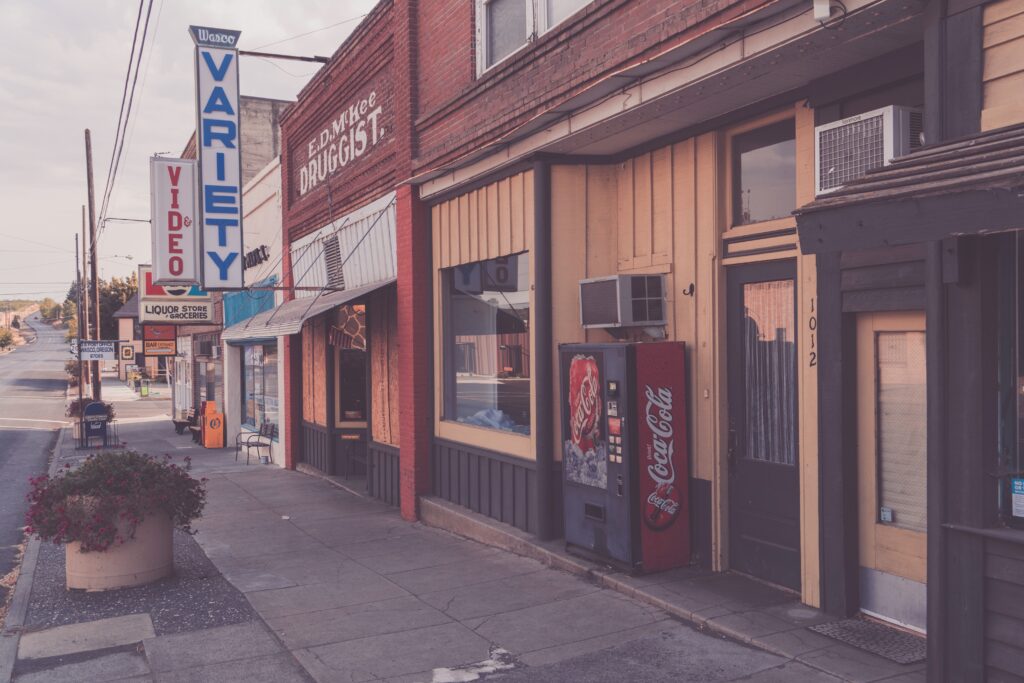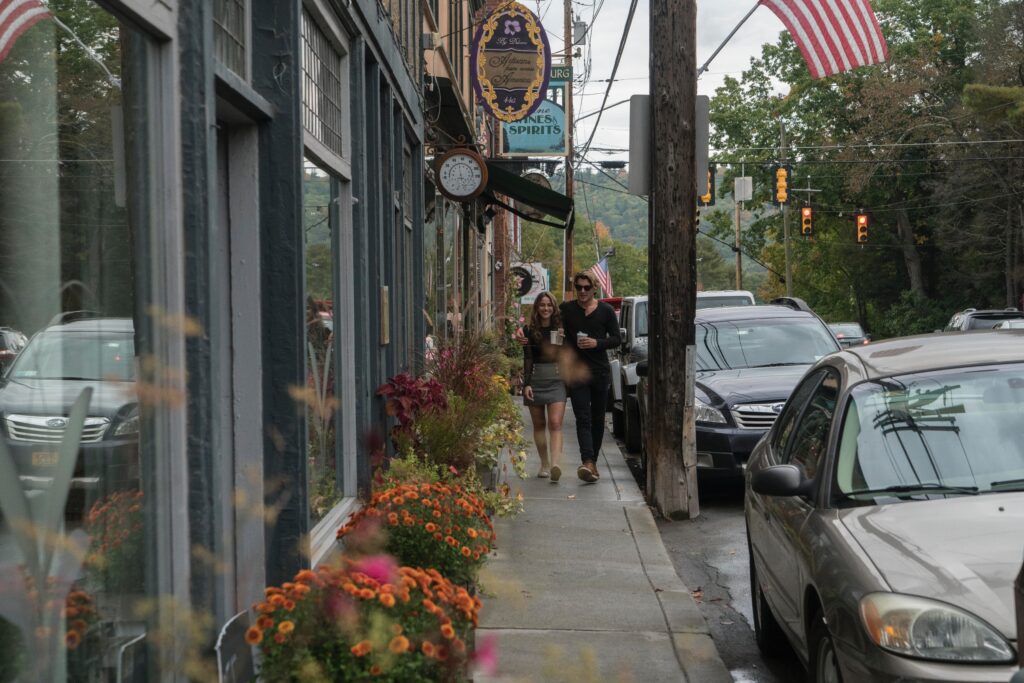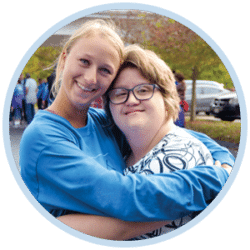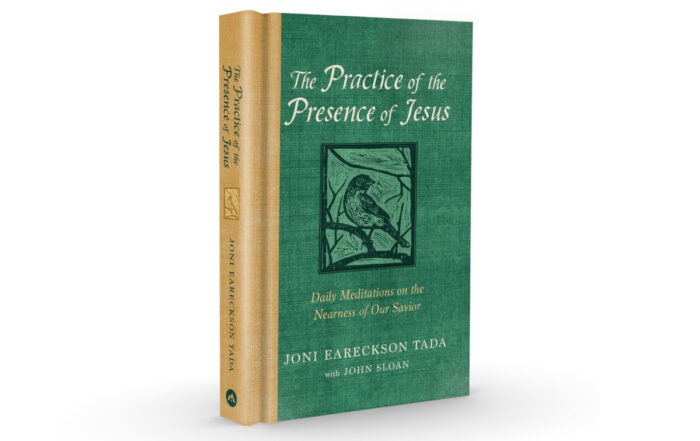In the Little Town Where I Once Lived

“…the whole body, joined and held together by every joint with which it is equipped, when each part is working properly, makes the body grow so that it builds itself up in love.”
Ephesians 4:16
In the little town where I once lived, people with disabilities contributed to the community in significant ways. The woman who ran the switchboard, one of the two remaining in the United States in 1977, had been the first baby to receive a cleft lip and palate repair at Mayo Clinic. The repair was not elegant, she was hard to understand, yet she ran the switchboard day and night with skill and dedication.
Her husband, with whom she owned the local phone company, repaired the lines. No small feat because the lines connected not only the homes of the 92 people in town, but also those of ranchers scattered throughout the short grass prairie in western South Dakota. He was highly skilled, climbing telephone poles to restore service without hesitation even though he had been blinded in a fireworks explosion when he was a boy.
My husband and I had been married 10 months when we moved there. We stayed several years before returning to Iowa in 1985. Visits to the little town where I once lived are few and far between because it takes so long to get there. But that tiny community comes to mind often. I think about why it valued people with disabilities. The town’s inclusivity extended beyond the owners of the phone company. It embraced a man with developmental delays who worked as a hired hand for ranchers, and many other citizens with mental and physical conditions.

Was the town inclusive because it was small enough that all had to contribute to ensure its survival?
Was it because everyone knew to watch out for others in a place where the next town was a half hour away and the nearest hospital was a sixty miles away?
Or was it because with so few people and houses, no one could be forgotten or ignored?
I’ve never pinpointed the reason, but this I do know. When my thoughts wing their way through time and space to a place where a woman with a severe speech impediment operated the switchboard and a lineman who couldn’t see climbed telephone poles,
I see what the church should be.
A place where each person contributes to the proper functioning and survival of the body.
A place where people care for one another because Jesus calls us to be his hands and feet.
A place where strong relationships are nurtured, and no one is forgotten or ignored.
In the little town where I once lived, not all of whose citizens were believers or religious, I saw what Paul described in Ephesians 4:16.
“…the whole body, joined and held together by every joint with which it is equipped, when each part is working properly, makes the body grow so that it builds itself up in love.”
The couple who owned the phone company has been dead for many years. But they are alive in my memory and their example compels me to raise my voice and ask two uncomfortable questions.
If a town in the middle of nowhere embraced the contributions of all citizens, why don’t more churches that believe they dwell in the center of God’s will, embrace what those with disabilities bring to their body? What does your church body need to do to build itself up in love and welcome all God’s people?
Written By—Jolene Philo

Do You Have Questions?
Contact us at [email protected] or call (818) 707-5664. We’re here for you. Your ministry’s success is our highest priority!





